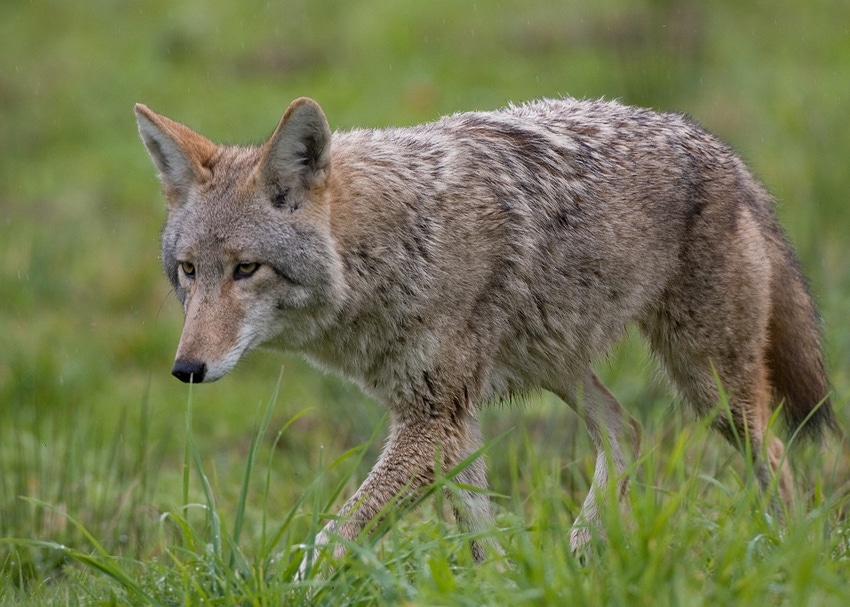
When we are fortunate enough to make friends with experienced, thinking people that have been on the planet for lots of years there’s a good probability for us to learn. The new information may likely be something we can use for our advantage.
One tough thinking task that I got myself into 10 years ago was the result of listening to the late Terry Gompert from Nebraska. Gompert was speaking at a meeting we attended in central Kansas on mob grazing in 2007. He got my attention and I purchased and read a book he recommended by the name of Controlling Weeds Without Chemicals by Charles Walters.
I made it through, but have no interest in going back and rereading the writing. The take-home message was that weeds are there for a reason. They might be mostly bad but weeds perform an important function other than keeping us humble and working.
The same can likely be said about "bad boys" (and girls) in the animal kingdom. Montana grazier Ray Bannister tells me that 10 to 15% of all populations are outlaws by nature. They help keep the rest of us on our toes and protect us from too much greed and wealth accumulation. We should learn and realize that pride and greed can turn off our lights. The outlaws with bandannas over their faces and those with blue suits and government badges and robes are here to rob, cheat and steal. It pays to pay attention to most everything all the time.
We are or should be in a business of steady accumulation, but it is simple to have losses come in huge wads. The money pile can blow far away in a hurry and when it’s gone it is gone. You can work and make and save more money but you will not get back the dollars that were lost or stolen. When the late Gordon Hazard said, “Keep your hand tight on the pile,” he meant just that.
Predators could be considered another form of outlaw. They are important and advantageous and actually necessary for healthy life on this planet. When we take out the predators, the prey will take us out. Yes, we occasionally find it necessary to thin the “bad boys” but we certainly need to pull up a long way short of declaring war. Remember that history tells us that most shooting wars are started by a handful of hot-headed old guys and paid for by a large number of young men.
We have good numbers of coyotes in our country and see their dung and diggings on a regular basis. Behind our grazing steers the coyotes and other “bad boys” are controlling a big percentage of the field mice, moles, voles, grasshoppers and so forth. I have seen a yearling pup walk through a woodlot full of steers that were sitting around enjoying and chewing their cuds. The steers failed to pay much attention. The same was true of the big pup.
Yesterday a neighbor told me that one of the bigger mistakes he made a few years ago was shooting a coyote he had been seeing for a few years. He said that within days he had six new “bad boys” show up.
But getting back to my weed story, I learned that weeds in excess are basically a manmade problem. Some of our common mistakes include removing cattle from the land, cultivation of monocultures, overuse and abuse of herbicides and insecticides, mowing trauma, use of large or even moderate amounts of chemical fertilizers, and long-term congregation of livestock in the same area. The weeds are there to keep the ground covered and fix the mess we made.
Truth is that the bad boys bring a degree of stabilization into our world. They are a necessity even though needing to be thinned on occasion.
About the Author(s)
You May Also Like






